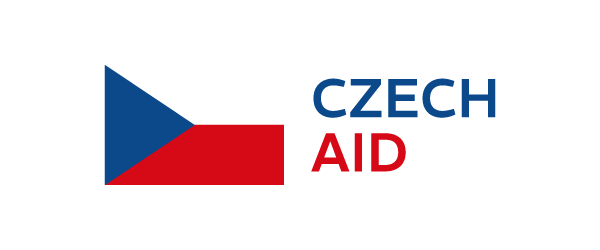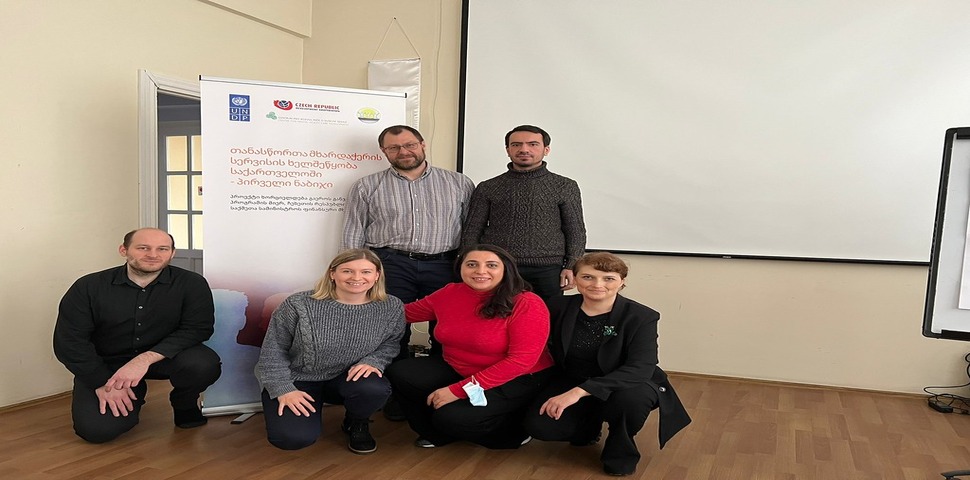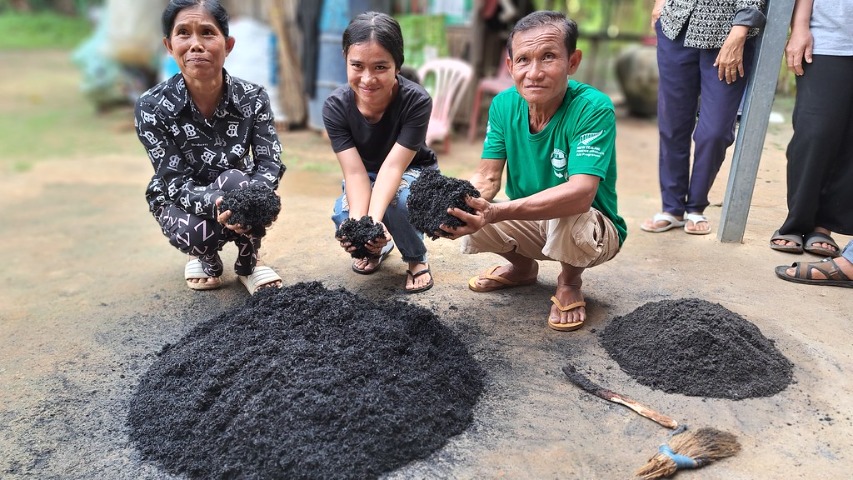Two years ago, the Challenge Fund supported the Herd Book Maintenance for Income Diversification of Dairy Farmers in Bosnia and Herzegovina. This successful initiative was completed by GEOtest, a.s. in cooperation with Dairy Farmers Association of the Republic of Srpska. The Herd Book was introduced as a measure to achieve EU standards for milk production and increase competitiveness of local farmers. Recently, the Ministry of Agriculture of the Republic of Srpska started to recognize the added value of the herd book and increased subsidies for farmers keeping the herd book.
Since the Challenge Fund project finished nearly two years ago, we used this good news as an opportunity to get in touch with Aleksandar Marić & Miljan Erbez from the Dairy Farmers Association of the Republic of Srpska (Udruženje poljoprivrednih proizvođača – mljekara RS), who agreed to share with us their most recent work achievements and plans for future.
How did you learn about the Challenge Fund and how did you start your cooperation with GEOtest, a.s.?
We found information about your call on the internet actually. I am not sure I can remember where exactly at this time. About our partner, the GEOtest. Our colleague, Ing. Miljan Erbez Ph.D. had studied in Czech Republic in Brno. During his time in the Czech Republic, he made many meetings with Czech companies. He even speaks Czech! At some point we learned about their project in Brčko, Bosnia and Herzegovina and we heard that farmers were satisfied. So, that was the best recommendation.
How did the project impact your work and tasks?
There were multiple changes. The most important thing is that we made a huge step not just in harmonization, but also implementation of some EU and ICAR rules in the sector of livestock production. This is a long-term process and ours was the first example of that kind in Bosnia and Herzegovina. Now there are two but the second one is still in implementation. Maybe some associations in Serbia or Montenegro did something similar, we are not sure about this.
A big change came recently when the Ministry of Agriculture of the Republic of Srpska recognized our efforts and financially supported all those farmers that did herd evidence. The subsidies for them were paid higher subsidies, than those who do not keep the herd evidence. For example, an ordinary farmer got 150,00 BAM (75 €) for heifer, and those who were in herd book and do Milk recording got 500,00 BAM (250,00 EUR). That was for subsidies in 2021. Also a good news for us, the same measure was approved for 2022. This is not only a great step in achieving the EU standards in herd book management, it also shows the authorities are appreciating the effort that farmers put into their work.
We also employed one more person in the meantime to help in the main office as the workload increased. So, we created one working place which is also a good thing.
Were there any difficulties during the implementation?
We didn’t have any major difficulties. It was our responsibility to follow the EU and ICAR standards in this sector but all of these are well described in the documents. Nevertheless, it was and still is sometimes hard to explain all this to farmers for whom these things are new. These are some new rules and approaches. Our country is still in process of transition. For example, not all farmers understand that the breeding and selection process is transferring from state to private sector.
Are you involved in other international projects or partnerships?
We try to cooperate with other organizations and donors. We have a strong partnership with several associations from the region and Europe. Also, we have a cooperation agreement with some scientific institutions, from BiH, region, and USA.
Recently, we got support from BCDSN and SIDA. Thanks to this, representatives of five breeders’ associations from Bosnia and Herzegovina gathered at the end of December 2021 to jointly discuss the existential problems faced by all breeders in BiH. Summing up the common problems, they concluded that it is necessary to invite all domestic and international institutions in Bosnia and Herzegovina that can help domestic producers to introduce EU legislation in the BH livestock sector as soon as possible.
This is important for us because it would significantly strengthen the status of breeding organizations in the country and contribute to the economic empowerment of people living in the countryside. Farmers passed two days of training on breeders organizations, including presentation of local and EU legislation in this sector. The conference also allowed us to showcase the project that we implemented with the support from the Czech UNDP Partnership and GEO Test. We also found an opportunity to support the preparation of the second herd book for beef cattle breeders in BiH. So, we replicated what we learned in the Challenge Fund.
We also need to add, that FAO contacted us and asked us for data about this application. And they informed us that they will put our Herd-Book app in the Strategy of digitization of BiH agriculture as an example of good praxis.
What are your next plans, both with the Herd Book and in general? What are the next things you would like to focus on? Do you plan to participate in another call for applications?
Our plan is to develop the application in next period in two directions. First, we need to upgrade it with the tool for the Lactation closure. The process of the herd evidence and milk sampling is now organized in a simple way using excel and its not the most effective. We think to make an additional tool in our Herd Book, so that controlling assistants have access to herds where they do control and do that directly in the program. They will have better preview of the results and the possibility of mistakes will be lower.
We are also supporting the EU program of pre-accession support under EU4Agri which is supported by UNDP and the Czech Development Agency. It is a big initiative and requires a lot of work. Generally, data collection in EU is better because they work with large farms. We also have that on some of the bigger farms, which are registered as LTD and use bookkeeping. But the number of those is limited. So, the usage of these EU funds is limited. In first call for primary agriculture, not even 30% of the total amount was used, just because our farmers were not ready. To support better usage of the funds available, idea is to develop an application that will help farmers to manage their data better. This is also one of our wishes. To make EU closer to farmers.
As you see, there are still many challenges to work on!
About the Challenge Fund
The Herd Book Maintenance for Income Diversification of Dairy Farmers was part of the Challenge Fund – Czech Solutions for SDGs. Through the Challenge Fund, the Czech-UNDP Partnership for SDGs brings innovative solutions from the Czech Republic’s private sector, NGOs, universities, state institutions, research centres and individuals to tackle specific developmental challenges in the priority countries.
The implementation of Challenge Fund projects is financially supported by the Ministry of Foreign Affairs of the Czech Republic.
The content of this material does not necessarily represent the official views of the Ministry of Foreign Affairs of the Czech Republic, or of the United Nations, including UNDP, or UN Member States.
The CUP team would like to thank Mr. Aleksandar Marić & Mr. Miljan Erbez for their insights during writing this article. Images were provided by Udruženje poljoprivrednih proizvođača – mljekara RS.







